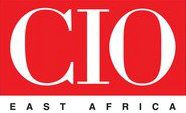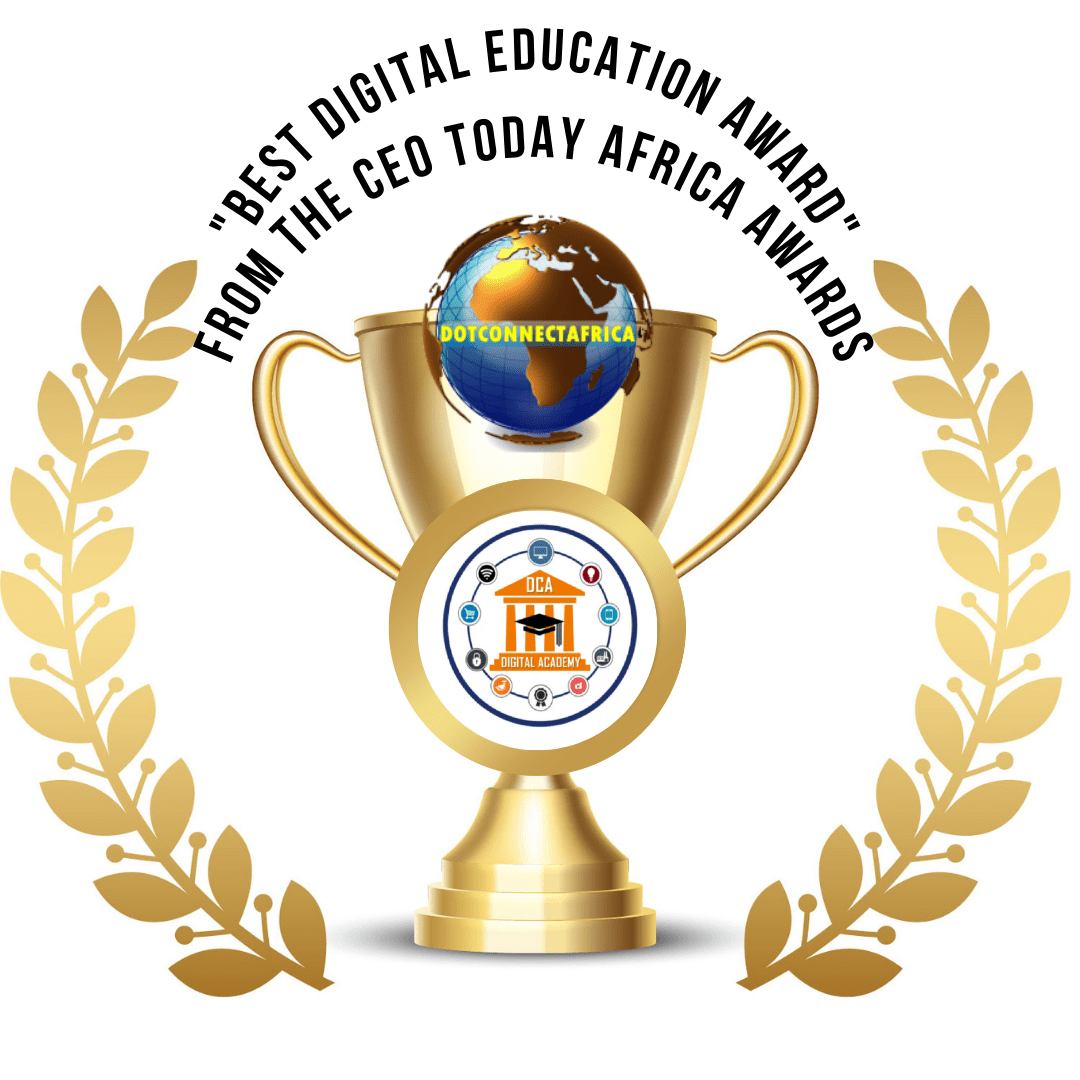
“Governments have a role in gTLDs but…”,Warns Sophia Bekele in March 2012
January 3, 2024
PRLog (Press Release) – Mar. 13, 2012 – DotConnectAfrica (DCA) is better positioned to manage the Dot Africa domain and they will put in a strong bid for the same. CIO East Africa caught up with Sophia when in Kenya and here are the excerpts.
Q: With regard to the application window for applications for the new generic top domain names are you aware of any applicants from Africa?
A: No, I am not. However, it is safe for us to assume that there will be other applicants, including for city-based community TLDs and perhaps, for brands. In any case, by May ICANN will publish the full list and details of all applications received during this new gTLD round.
Q: How has Dot Connect Africa positioned itself in this regard?
A: We had an early start as a pioneer of the initiative, and started preparing 3 years ago. Our promotional work and global campaign was very helpful in sensitizing people to the new gTLD program and lining up support for Dot Africa, even within US Government agencies, to enable the approval of the entire program. Since the Dot Africa setup that we are applying for is a geographical gTLD there are three main areas of evaluation in this regard among other sets of criteria. We have worked closely with relevant authorities to endorse the project at a very early stage, and we have partnered with a strong international registry services provider that has a solution that is world class and technically compliant. We have also worked hard to ensure that we satisfy the necessary financial requirements. Therefore, we believe that DCA is fully prepared to satisfy the requirements of the application round, specifically:
endorsement, technical and financial. Any peripheral issues outside of these are handled within the due process provided by ICANN, i.e., arbitration, legal etc. and we are also preparing ourselves to defend our gTLD application in case of frivolous objections and similar issues after the application stage.
Q: There has been a lot of controversy around the Dot Africa gTLD: have the issues been settled?
A: In our mind there was no controversy initially since everyone agrees on the desirability of Dot Africa. However, certain issues have arisen regarding the model of its operation and ownership. DCA has clearly made its case, and proposed an inclusive, transparent and competitive model that serves diverse needs and purposes, while others have circumscribed their Dot Africa proposal to serve the needs of a narrowly defined community. Therefore at the end of the day,it depends on who h as the more sustainable proposal that conforms to the mission and purpose of the new gTLD program. This is what we hope would settle it eventually. ICANN is the final authority and arbitrator in this process and DCA has left is hopes in the transparent and accountable global process led by ICANN. Even so, we remain highly encouraged by the fact that ICANN did not include the Dot Africa name in the List of Top-Level Reserved Names. We made a strong and convincing case that anything to do with Dot Africa should be conducted within the framework of the new gTLD program. Thus to answer your question, any controversy was deliberately contrived by those who do not subscribe to an open, competitive and transparent Dot Africa gTLD process.
Q: You have been accused of being a “lone ranger” in the quest to establish Dot Africa, what’s your take on this?
A: Sometimes it is good to be alone ranger in a “pioneering sense,’” but in the case of Dot Africa, we have repeatedly explained, and been vindicated time and again, and asked that we should be allowed to continue with our initiative. Our independent global campaign and promotional work is well known. We did that as a “lone ranger” at huge financial and technical and administrative effort. It is all about believing in an independent vision. Therefore, the amorphous African Internet community who have been working with each other for a long time seem convinced that if they withdraw their support and sabotage our support from government and prospective partners, which we have documented and reported all the evidence of their doing so, hope that ICANN will not support our application, but we have absolute faith in due process as governed by the new gTLD program framework. We are talking about a clan of about 300 people or less, who have no influence on the larger African Internet block of 1 billion and who mostly were not known until DCA came into the picture based on a vigorous global campaign and promotional activities that was widely acclaimed and generally commended. At the end of the day, we believe that DCA will win based on the rightfulness of our cause and adherence to due process, since a transparent program will not ignore the critical issues at stake.
So at the end of the day, it will not be an individual or corporate victory by DCA, but the collective success of the larger pan-African constituency and peoples who understand the compelling imperative to defend Africa from monopolists, special interests and disinformation campaigns on a well intentioned initiative. Such sabotage can happen to anyone, the question is does one have the strength to survive and win through it?
Again I would like to clarify that DCA is not a “lone ranger” as contrived by our detractors. We believe that the vision that drives our initiative should remain independent in order to ensure its unconditional success. From the amorphous community point of view that run a different organization based on “community support”, of course they do not see or appreciate the amount of work that DCA has accomplished, except that we should be large in membership and conform to, and be restricted by the wishes and desires of a narrowly defined “African Internet community”.
Q: In your opinion, what should be government’s role in the governance and management of the Internet in general and domain names specifically?
A :Governments have a role to play, especially regarding the establishment of an enabling and supportive environment for ICT initiatives to thrive. However, there is a role for everybody, and global Internet governance is currently based on a multi-stakeholder modeled by ICANN. Governments already have their two-code country-level top-level domains (cc TLDs), but they also have a role to endorse geographical gTLDs. The problem is that this power to endorse is often interpreted and extended to include overall sovereignty over the new gTLD. We believe this should not be the case since it is monopolistic and anti-competitive coupled with problems of lack of transparency and accountability. In the multi-stakeholder model, governments can always act through the GAC (Governmental Advisory Council) of ICANN, and also be expected to conform to the due process led by ICANN. Everyone should have a role in the process, and the boundaries that have been setup should be respected by everybody, with no exceptions or preferential treatment for governments and intergovernmental bodies. For example, governmental political power should not be used to restrict the role and active involvement of private sector actors. We believe that this is the only approach to attain a sustainable, open, stable and secure Internet for everyone.
More on this Q&A at: http://www.cio.co.ke/view-all-main-stories/5003-governmen…
 Skip to content
Skip to content






